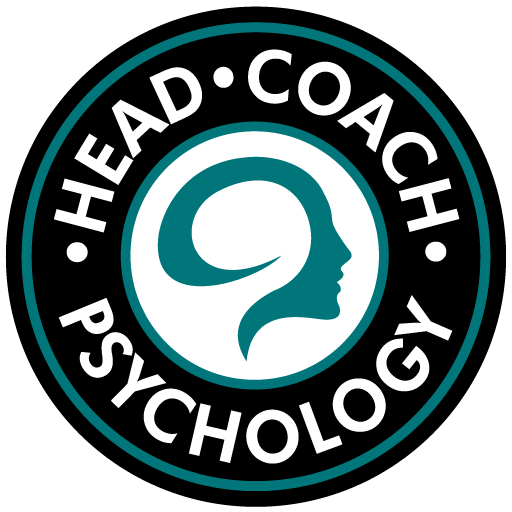Thankfully, we’ve come a long way since Freud and the couch!
We now live in a world where therapy is no longer shunned by the masses but rather, encouraged as part of a healthy lifestyle. We all need help from time to time and knowing when to reach out speaks to inner strength and fortitude.
We used to think that therapy was for the weak minded or that things like depression and anxiety were caused by evil spirits. Thanks to advances in our understanding of the human condition and countless studies in evidenced based practices, we have now come to see that seeking help is actually quite the opposite of weak. IT IS STRENGTH! And, it can be instrumental in helping one move past what is standing in the way.
The National Institute for Mental Health estimates that at least 25% of the population experiences mental health challenges like anxiety and depression at any given point in time. In my professional experience, I would say more than 25% of people experience difficulty with mental health to the degree that therapy of some type is warranted.
We as a society have evolved (thank you, Darwin!) and have shown, time and again, that therapy generally improves people’s lives after as little as 8 weekly sessions. In his chapter:
“The efficacy and effectiveness of psychotherapy”, Michael Lambert reviews relevant publications and concludes (p.204) “Therapy is highly efficient for a large minority of clients, perhaps 30% of whom attain a lasting benefit after only three sessions.” and when monitoring for “reliable improvement … it appears 50% of patients respond by the 8th session and 75% are predicted to need at least 14 sessions to experience this degree of relief.”
~ GoodMedicine, Dr. James Hawkins
But, therapy is not about finding someone who will solve your problems for you. Therapists are not advice givers. They are instead caring persons who truly have your best interests at heart and are therefore invested in helping you discover your best path forward.
Coping skills, troubleshooting strategies and psychoeducational materials can all be part of the roadmap that helps you feel more capable and empowered in your life. Ideally, you and your therapist set the goals and work together to get you where you want to be.
But before you dive into the therapy process there are few important things to consider and you may need to do a bit of homework before you choose the best one for you:
- Ask if they’ll connect with you for a brief telephone conversation before you move forward with an appointment;
- Ask them about their practice and about their therapeutic orientation (CBT, client- centered, trauma-informed, etc.) and how they feel their approach may be part of your solution;
- Ask how they have helped patients in the past and what sorts of interventions have worked well in their professional work;
Finally, they should ask you about your goals and what, if any, prior therapy experience you’ve had. Past experiences can play a large role in how people view therapy. Once bitten twice shy takes courage to overcome – and a good therapist will be sensitive to this situation.
In the end, it is important to try and gain a sense of connection during this call. Why? Because success in therapy is based, in large part, on the connection you have with your therapist. And so is true in life. We usually have positive experiences with those we connect with, whether they be friends, intimate partners, colleagues, or family members. Connection is a vital part of the human experience!
So, if you are contemplating therapy and if it is right for you, think about how feeling under the weather mentally may be akin to feeling under the weather physically. If you broke your leg would you tell yourself that you should be able to heal it yourself? Or, would you seek the attention of a trained professional who could assist in the care and healing of that important limb?
Look after yourself and be careful out there!
#mentalhealthawareness

